Why Facebook could become the next Myspace
Facebook is learning that the network effect works in reverse too, as the young desert the site
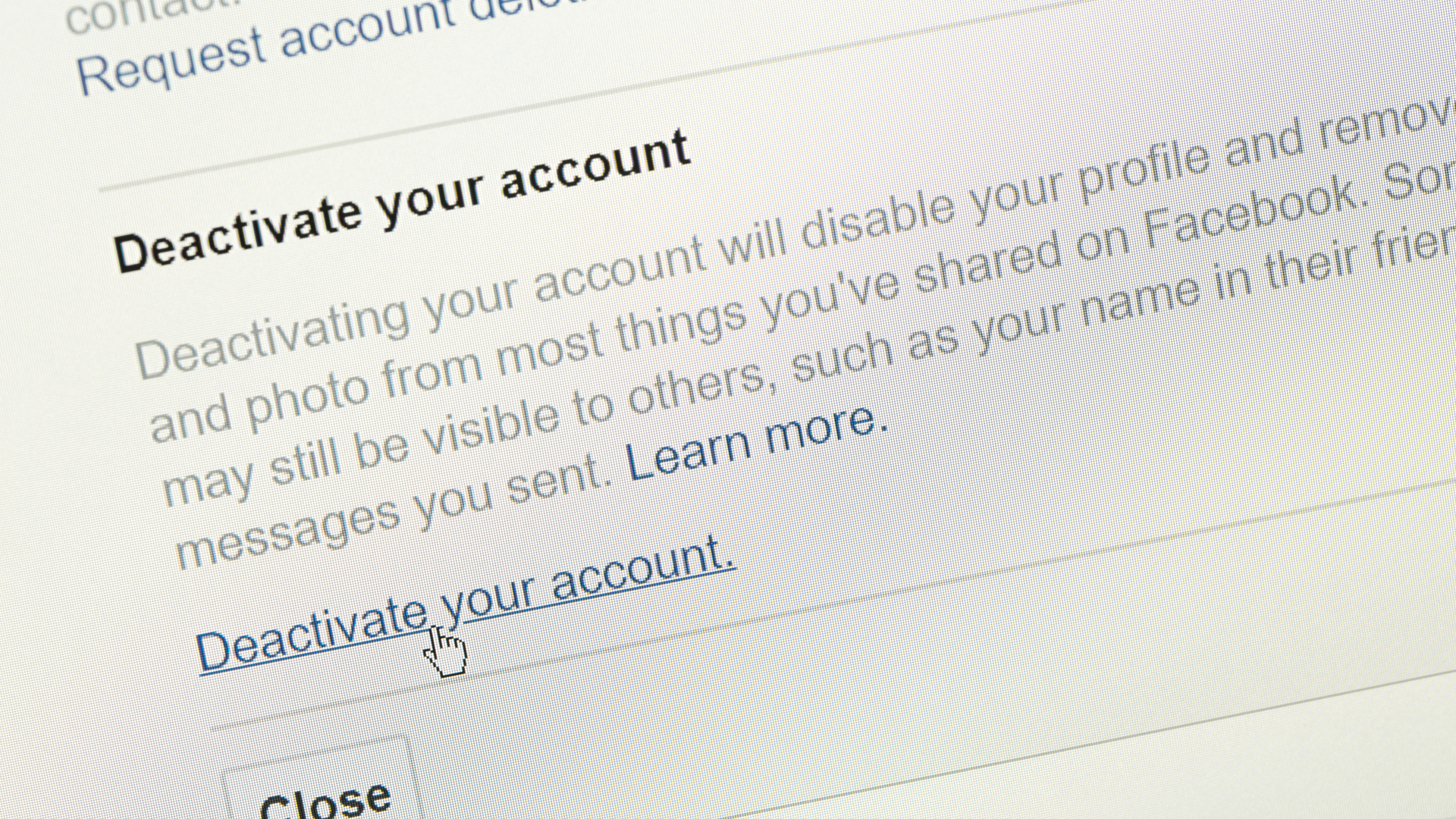

Facebook is getting a bit desperate for attention "thirsty", as the internet informs me the kids say, probably while on Snapchat. Figures from eMarketer predict that the number of people under 24 using the site will slide by 700,000 in the UK alone this year; those numbers will be mostly replaced by the over-45 crowd, like a bar that's replaced its drum-and-bass club nights with 80s singalongs.
It's no wonder Facebook is starting to fade. Over the past year, it's been criticised for helping spread fake news contributing to the rise of the alt-right, the Brexit referendum result and Trump's election accused of harming our mental health, and most recently had its data sharing practices laid bare in the wake of the Cambridge Analytica scandal. Wired magazine ran a cover of Zuckerberg Photoshopped to look beaten up, for a feature detailing the social network's "hellish two years".
Zuckerberg himself reacted by revamping the newsfeed algorithm to boost "meaningful social interactions", ditching brand updates and media headlines in favour of pictures and posts from your friends and family.
That's not all. Reports suggest that Facebook has started showing some users a poll asking if they agree the site is "good for the world". And users report that Facebook has started spamming them about posts from friends even sending text messages to the phone number registered for two-factor authentication. Thirsty indeed.
Every time I log in to Facebook which out of habit is nigh-on daily I see the same posts as the day before. There's never anything new. And what is posted comes from high-school friends, distant relations and long-forgotten acquaintances.
That's boring for me and a problem for Facebook. The social network taught us all about the power of the network effect, the idea that the more people are using something, the bigger draw it has. If everyone you know is on Facebook, you'll sign up. That's why I did back in 2007 and why, once everyone else signed up, I stayed on for fear of missing a message or an invitation from a friend.
That soon faded, as many friends withstood the draw of social networking, meaning plans still needed to be made over email. But, as a Canadian in London, it sure was lovely to have an entire website dedicated to photos of the friends and family I missed. Most of them don't post on Facebook any more, either.
Get the ITPro daily newsletter
Sign up today and you will receive a free copy of our Future Focus 2025 report - the leading guidance on AI, cybersecurity and other IT challenges as per 700+ senior executives
Instead, I follow my family and friends via Instagram, or they send me photos and updates directly over WhatsApp. No wonder then that Facebook shelled out $1 billion and $19 billion for each respectively.
That may sound like quite the pile of cash when the company is allegedly sliding into irrelevance, but it made $40 billion in revenue last year, despite the disappearance of its younger audience. And those apps have proven worth their price: more and more of my friends are piling onto Instagram, and even my parents have joined WhatsApp now although they're in the over-55 contingent, so maybe that's not quite what Zuckerberg wants to hear.
But what's fascinating is watching the network effect in reverse. Facebook seemed unstoppable as it hoovered up a third of the population of the world over the course of 14 years. But it's clearly not. As Myspace discovered, the network effect is powerful, but it's all about momentum and Facebook has lost that.
A friend recently asked me in person, not over Facebook whether I thought the site would survive the decade. I think it will, especially with the over-55 set propping it up. And the company itself likely has many years left, thanks in part to smart investments such as Instagram and WhatsApp.
But it's a serious reminder to other Silicon Valley giants that there's no such thing as "too big to fail". We might not be able to remember a world without Google, Facebook, Twitter and the rest but that world is only a few years in the past, and may return a few years in the future, too.
Image: Shutterstock
Freelance journalist Nicole Kobie first started writing for ITPro in 2007, with bylines in New Scientist, Wired, PC Pro and many more.
Nicole the author of a book about the history of technology, The Long History of the Future.
-
 Bigger salaries, more burnout: Is the CISO role in crisis?
Bigger salaries, more burnout: Is the CISO role in crisis?In-depth CISOs are more stressed than ever before – but why is this and what can be done?
By Kate O'Flaherty Published
-
 Cheap cyber crime kits can be bought on the dark web for less than $25
Cheap cyber crime kits can be bought on the dark web for less than $25News Research from NordVPN shows phishing kits are now widely available on the dark web and via messaging apps like Telegram, and are often selling for less than $25.
By Emma Woollacott Published
-
 Why Honest Burgers is proud to ditch email
Why Honest Burgers is proud to ditch emailCase Studies Employees have embraced Workplace from Meta, allowing the restaurant chain to streamline comms and build chatbots for training
By Elliot Mulley-Goodbarne Published
-
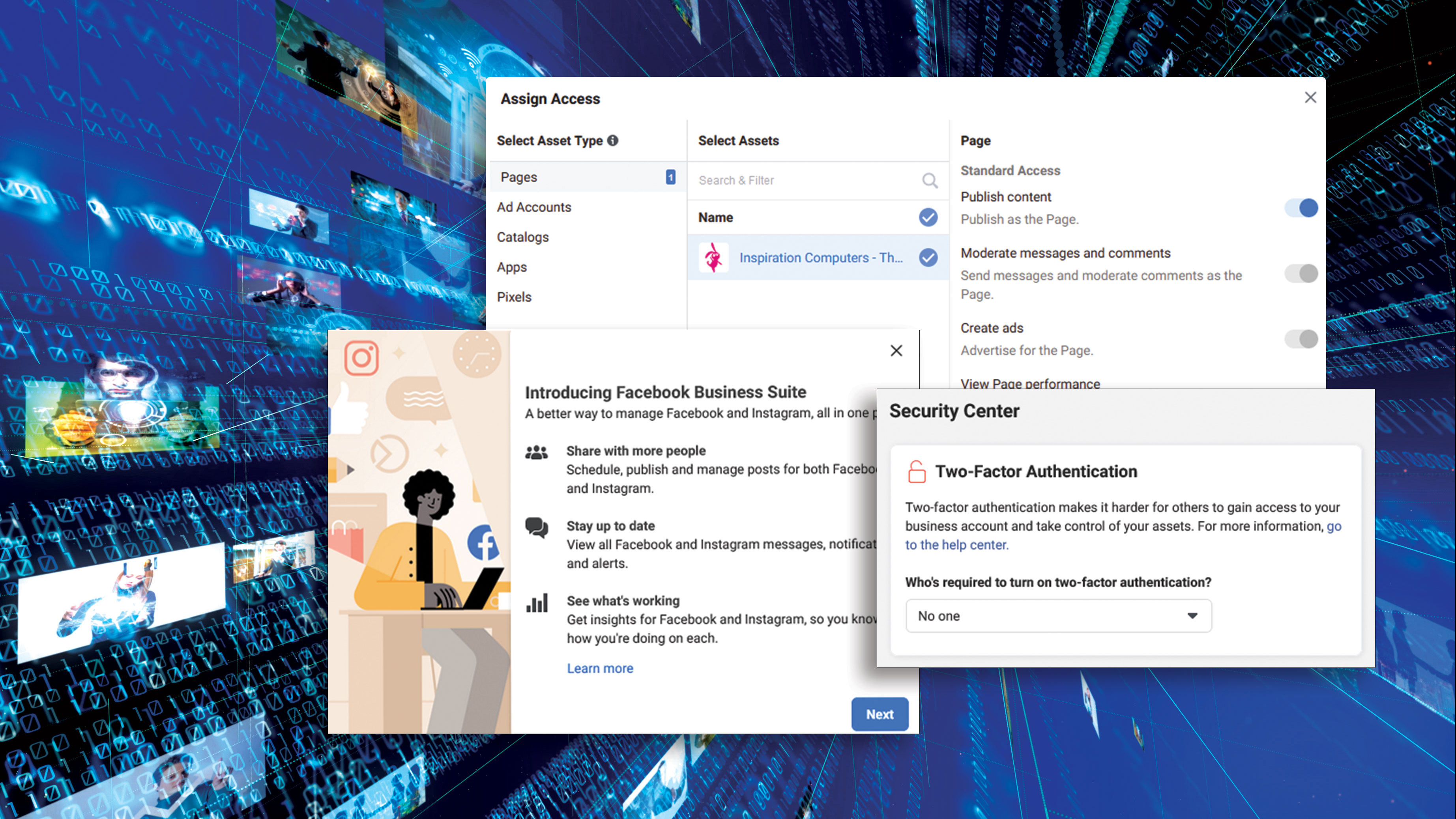 Facebook for business: know the risks
Facebook for business: know the risksIn-depth The social media giant has some great features for businesses, but there are hazards too
By Davey Winder Published
-
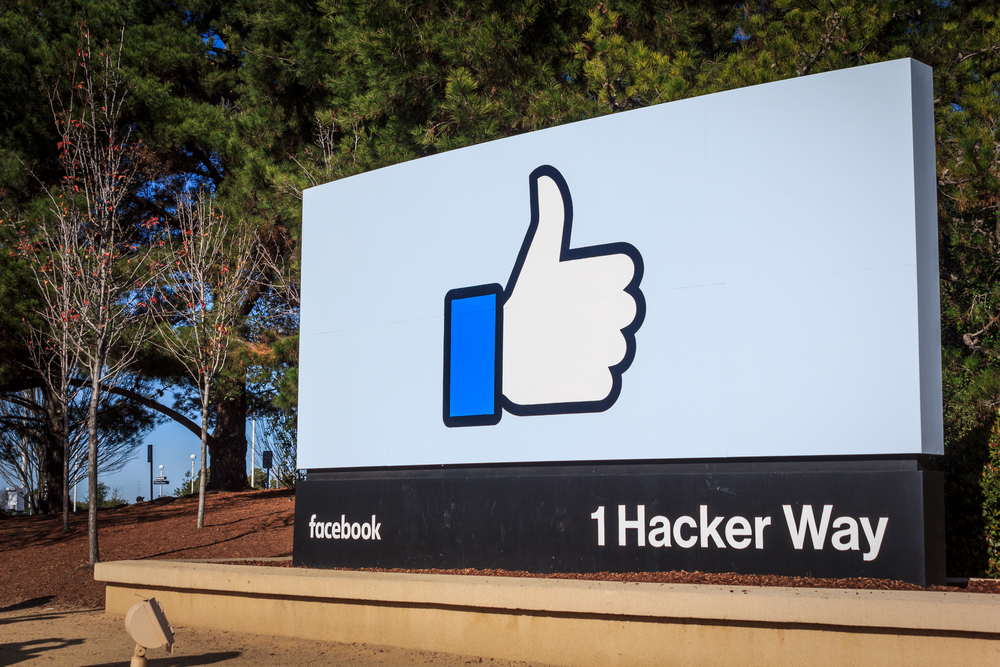 Facebook becomes a trillion dollar company
Facebook becomes a trillion dollar companyNews The valuation was reached after the Federal Court dismissed the FTC's antitrust complaint against the social network
By Bobby Hellard Published
-
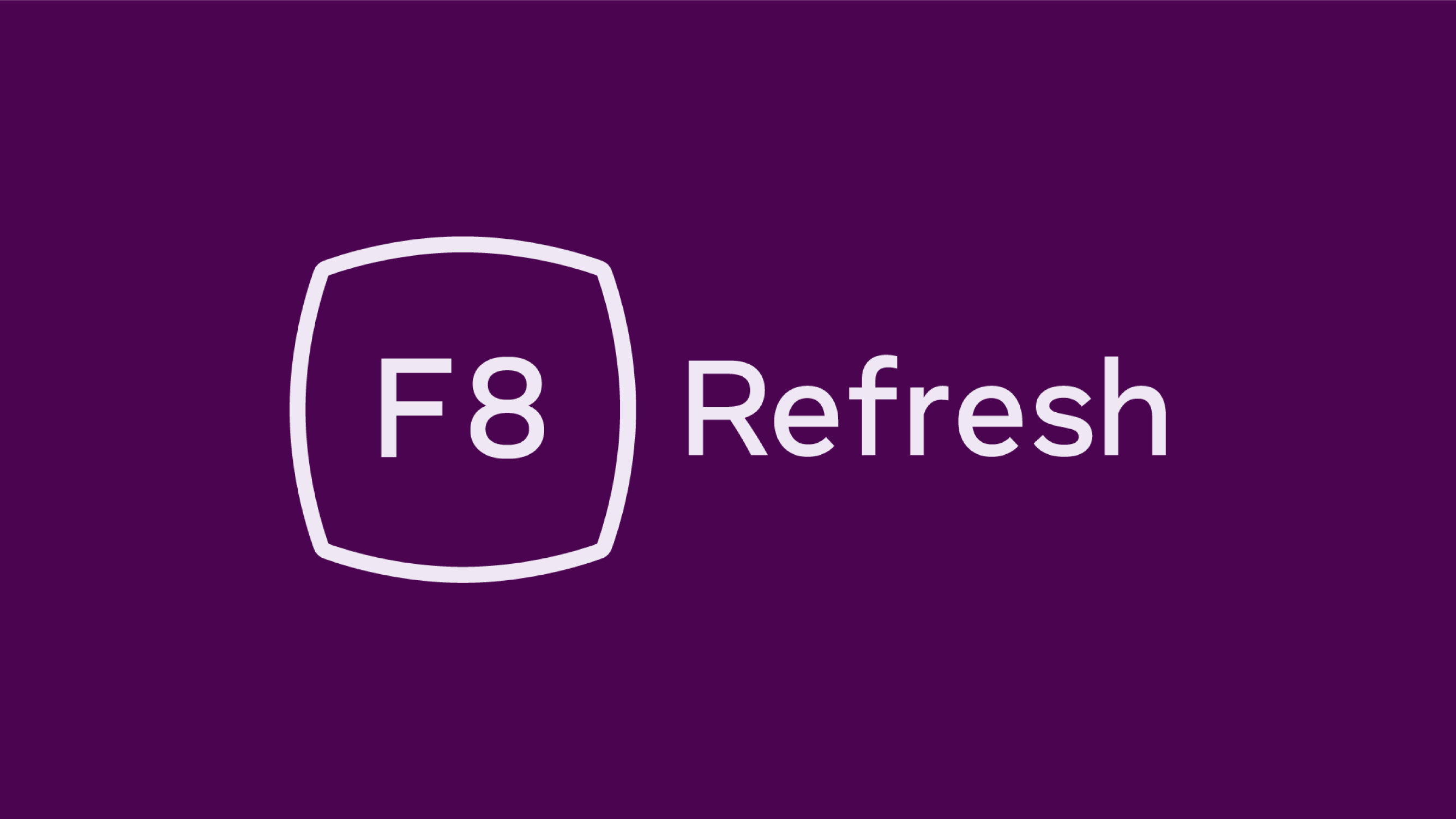 Facebook unveils developer tools to boost business messaging on WhatsApp and Instagram
Facebook unveils developer tools to boost business messaging on WhatsApp and InstagramNews The social network also revealed Messenger API for Instagram at its F8 Refresh conference
By Bobby Hellard Published
-
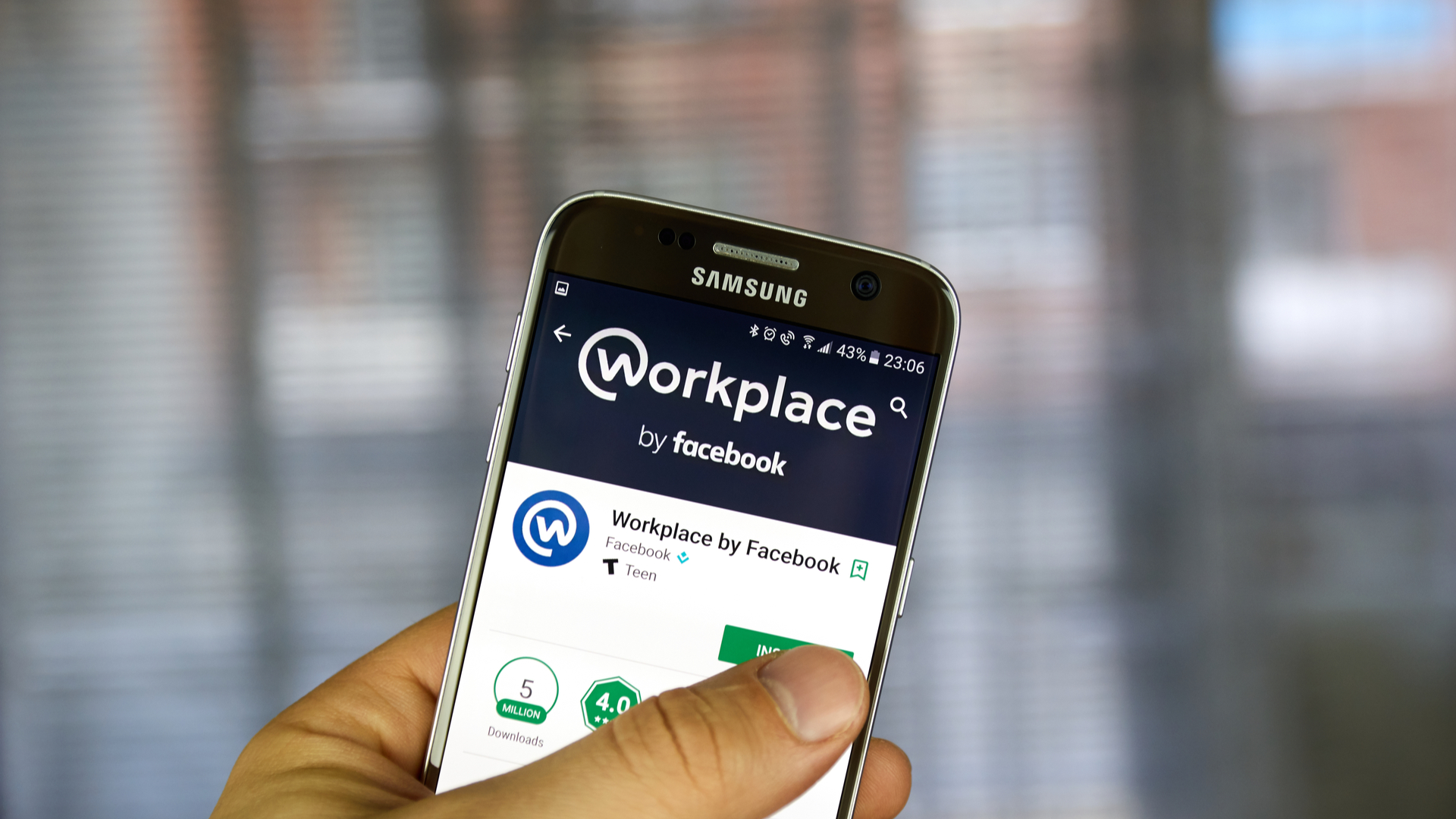 BT ditches Yammer in favour of Facebook Workplace
BT ditches Yammer in favour of Facebook WorkplaceNews The company has already seen three million reactions and 970,000 comments on the B2B communications platform
By Sabina Weston Published
-
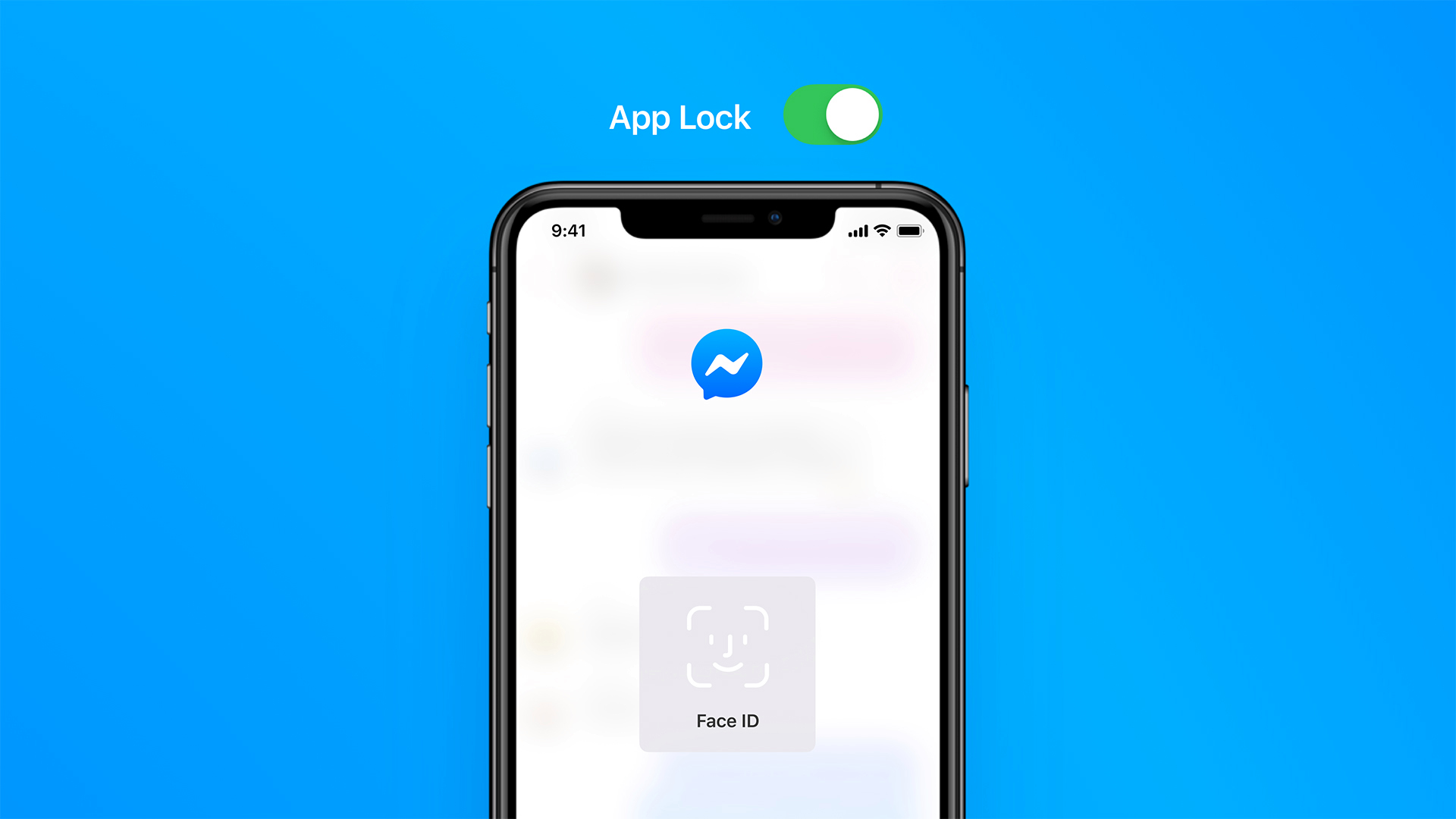 Facebook Messenger now features its own lock
Facebook Messenger now features its own lockNews Now you can lend your phone without worry about someone snooping through your Messenger app
By Justin Cupler Published
-
 Half of Facebook's staff to remote work permanently
Half of Facebook's staff to remote work permanentlyNews The company's ten-year-plan includes an 'aggressive remote hiring strategy'
By Keumars Afifi-Sabet Published
-
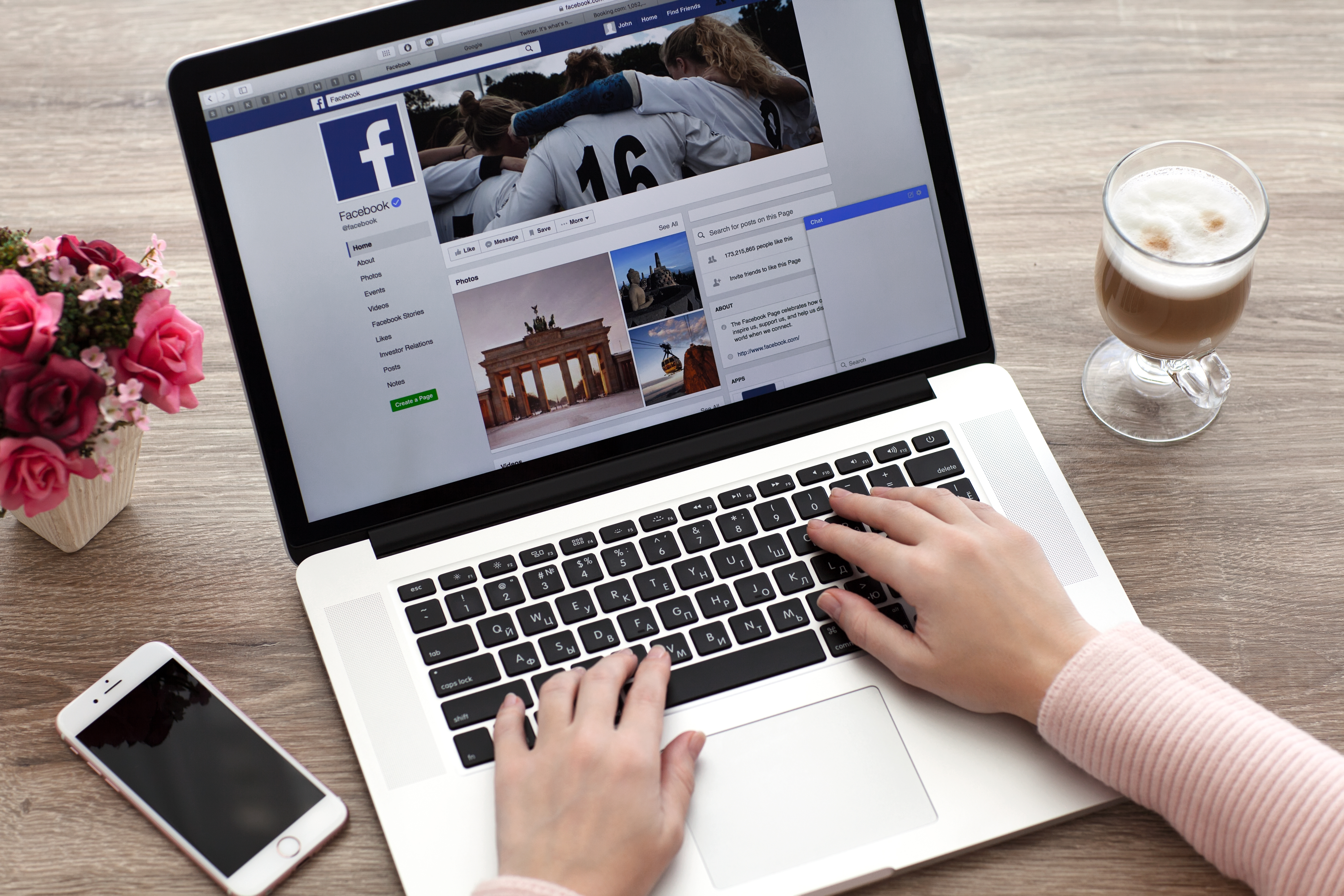 Facebook launches Messenger app for desktop
Facebook launches Messenger app for desktopNews Facebook Messenger now available for macOS and Windows
By Sarah Brennan Published